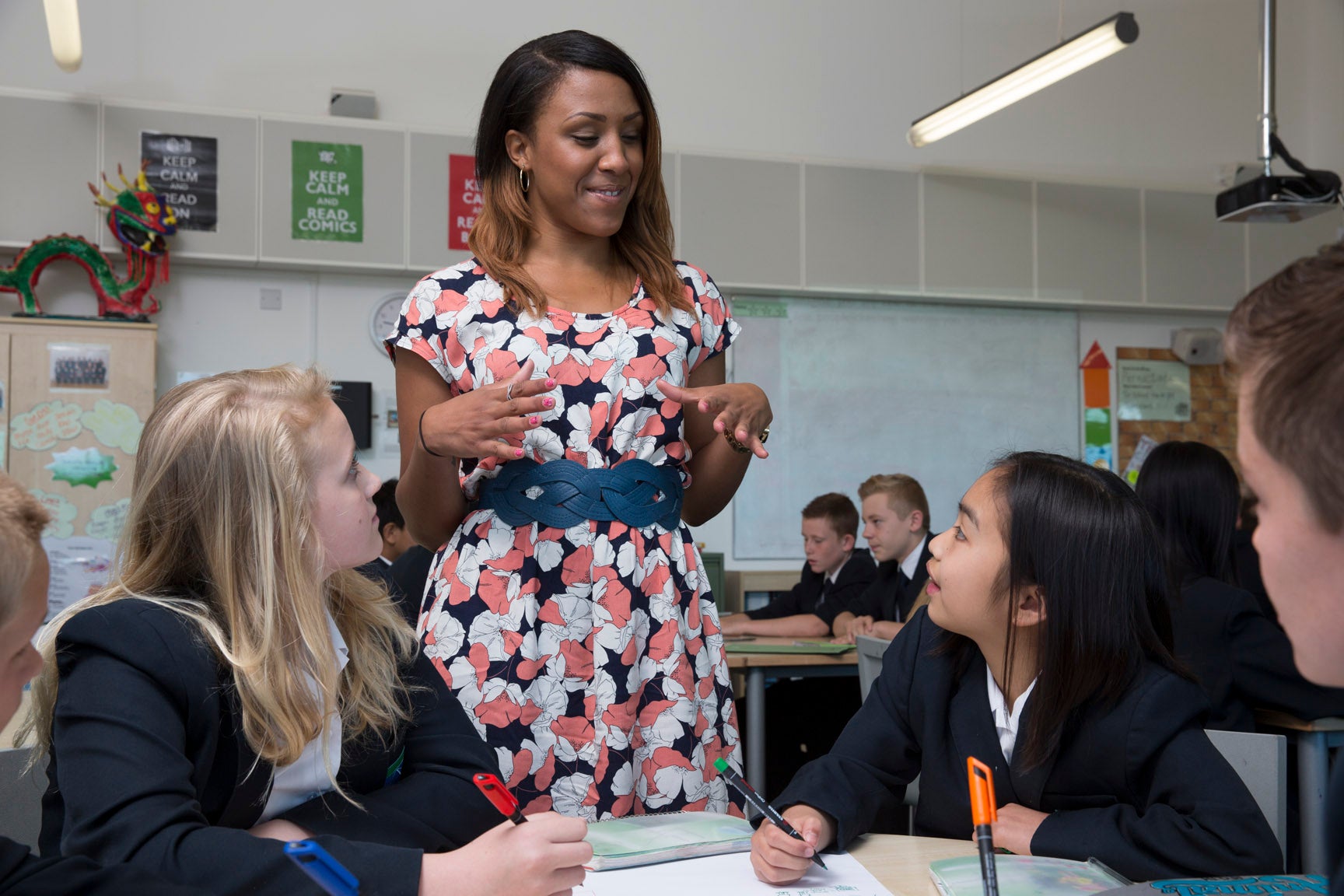The rewards of training for a career in teaching
With tax-free financial support to train and attractive salaries, the sums certainly add up for new teachers. And with a fulfilling career path on offer, the benefits don’t end there.

Tracey Mallatratt is ambitious. She proved this at university by achieving her accountancy degree, and then as an accounts manager, passing her Chartered Institute of Management Accountants (CIMA) exams. She was well remunerated – but says, “I just didn’t feel passionate about my career. I knew I wanted to be a maths teacher.” Tracey decided to retrain, gaining her ostgraduate Certificate in Education (PGCE) from Newcastle University in 2010. She now teaches secondary maths and has no regrets.
The transition to teaching took an initial period of adjustment but this was made easier with available financial support and an understanding family.
Today, there is a range of scholarships and tax-free bursaries on offer. Graduates with a 2:1 or a 1st could receive a £25,000 tax-free scholarship or a £20,000 tax-free bursary while training to teach secondary maths, physics, or computing.
In addition, there is a 25 per cent premium paid on the bursaries of School Direct trainees whose training is based in a school where more than 35 per cent of pupils are eligible for free school meals.
The average starting salary for teachers in England now stands at £22,900 – and the new national pay framework for teachers means schools have more freedom to reward talent. On average, a classroom teacher earns £37,600 a year, although that can rise to as much as £64,667.
Despite being only three years into her teaching career, Tracey has already received several pay rises. “I want to progress quickly, and there is scope for me to do that as a teacher.” There are other benefits too. “I get to spend time with my children during school holidays, which helps reduce my childcare costs.” Overall, Tracey says, “I have a more fulfilling career now and this has definitely had a positive impact on my quality of life.”
To get into teaching and for support throughout the application process, sign up online or call the
Teaching Line on 0800 389 2500
Join our commenting forum
Join thought-provoking conversations, follow other Independent readers and see their replies
Comments
Bookmark popover
Removed from bookmarks